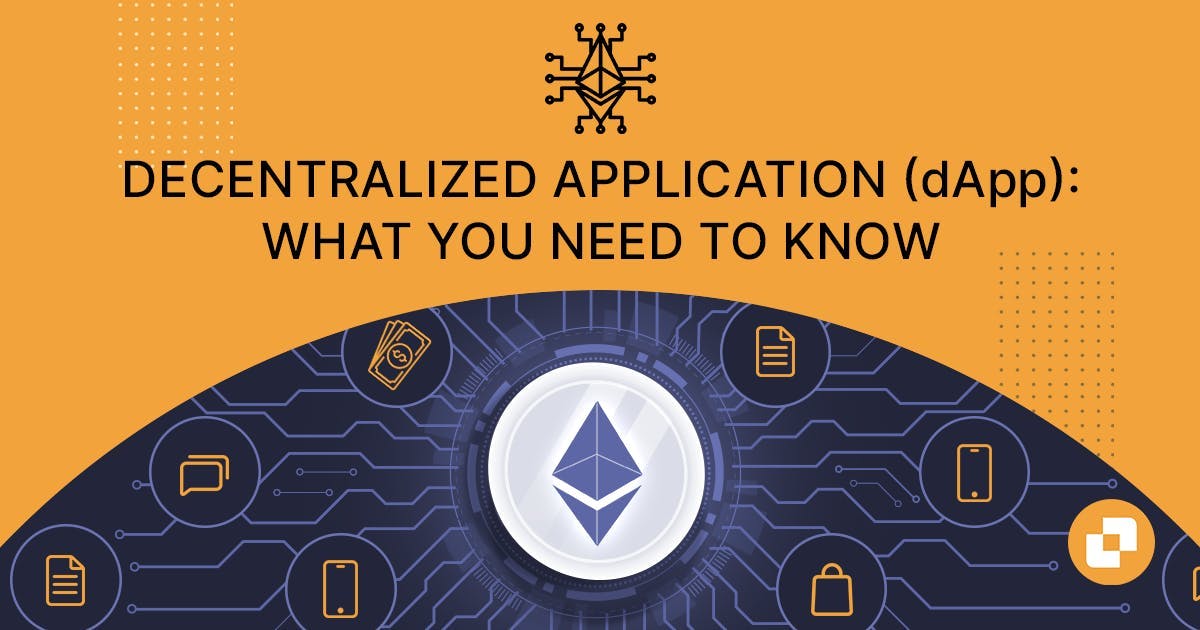
FAQ
Absolutely, users can potentially generate income through a wide range of dApps, particularly within the realm of DeFi (Decentralized Finance).
DeFi protocols have introduced groundbreaking opportunities for individuals to grow their assets, such as liquidity provision and yield farming, which involves locking assets into smart contracts for potential returns.
However, it's essential to be aware that these endeavours come with risks, and potential gains must be weighed against potential losses.
Ethereum dApps are a fascinating category of decentralized applications developed exclusively on the Ethereum blockchain. They utilize Ethereum's smart contract capabilities to autonomously execute transactions, enforce agreements, and automate complex processes.
These dApps are versatile, creating decentralized solutions across various use cases, from decentralized finance to non-fungible tokens and more.
No, Bitcoin is a decentralized digital currency, distinct from decentralized applications (dApps). While both Bitcoin and dApps are products of blockchain technology and share the overarching principle of decentralization, they serve different purposes.
Bitcoin primarily operates as a digital currency, designed for decentralized transactions and as a store of value. In contrast, dApps encompass a broader range of functionalities and use cases across various industries.
To get started with dApps (decentralized applications), you'll first need a crypto wallet, like MetaMask or Trust Wallet, which can interact with dApps on various blockchains. Once you have a wallet set up, you can explore dApp platforms or marketplaces, such as DappRadar or State of the DApps, to discover, access, and interact with a wide variety of decentralized applications.